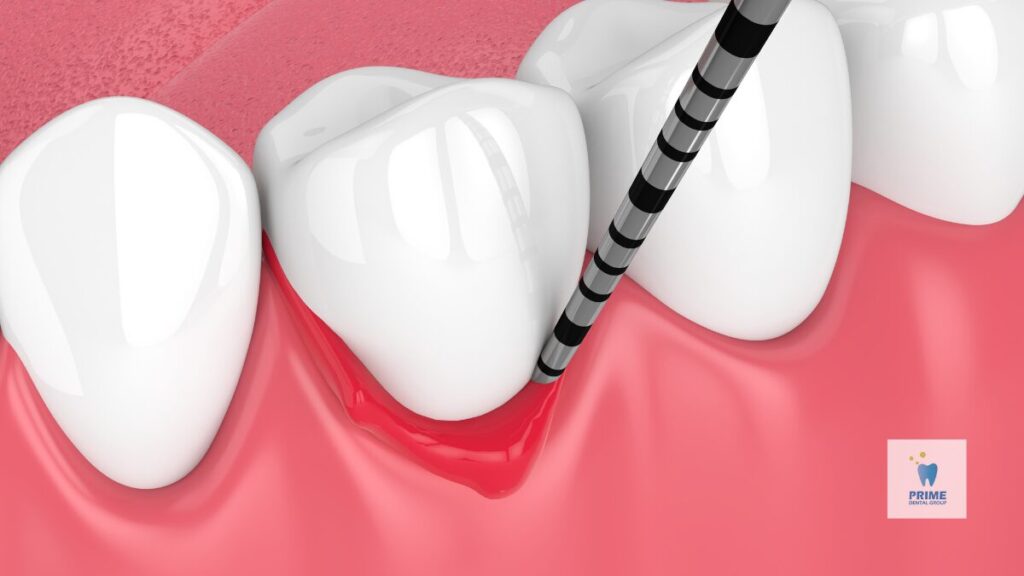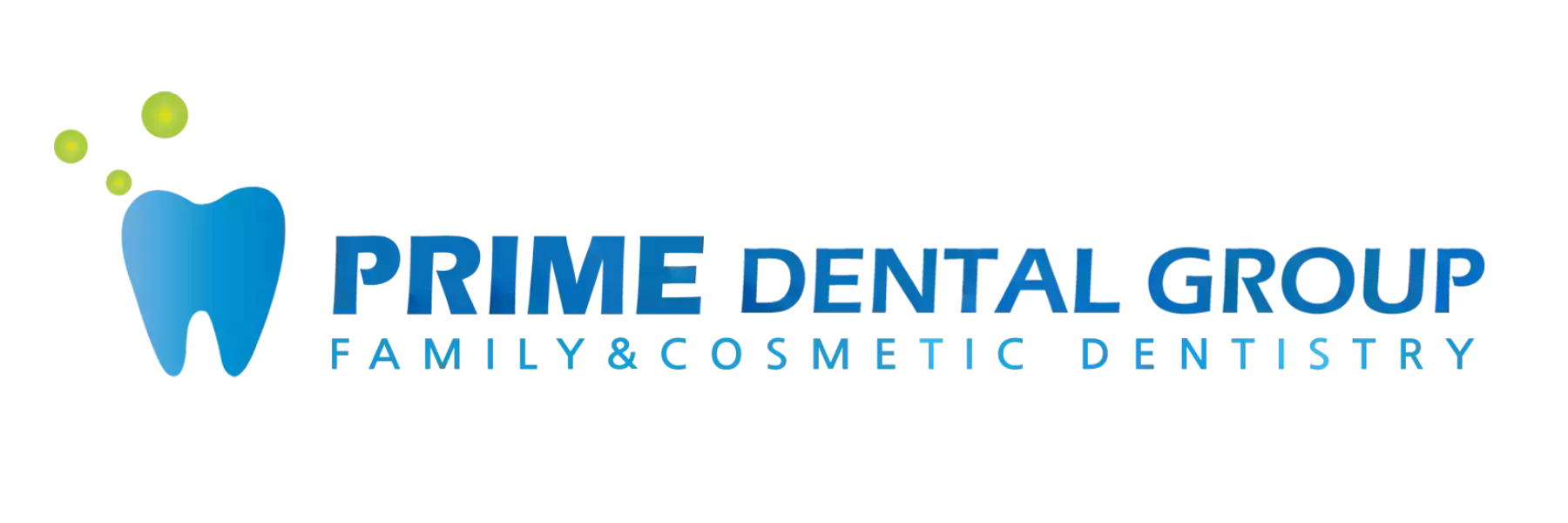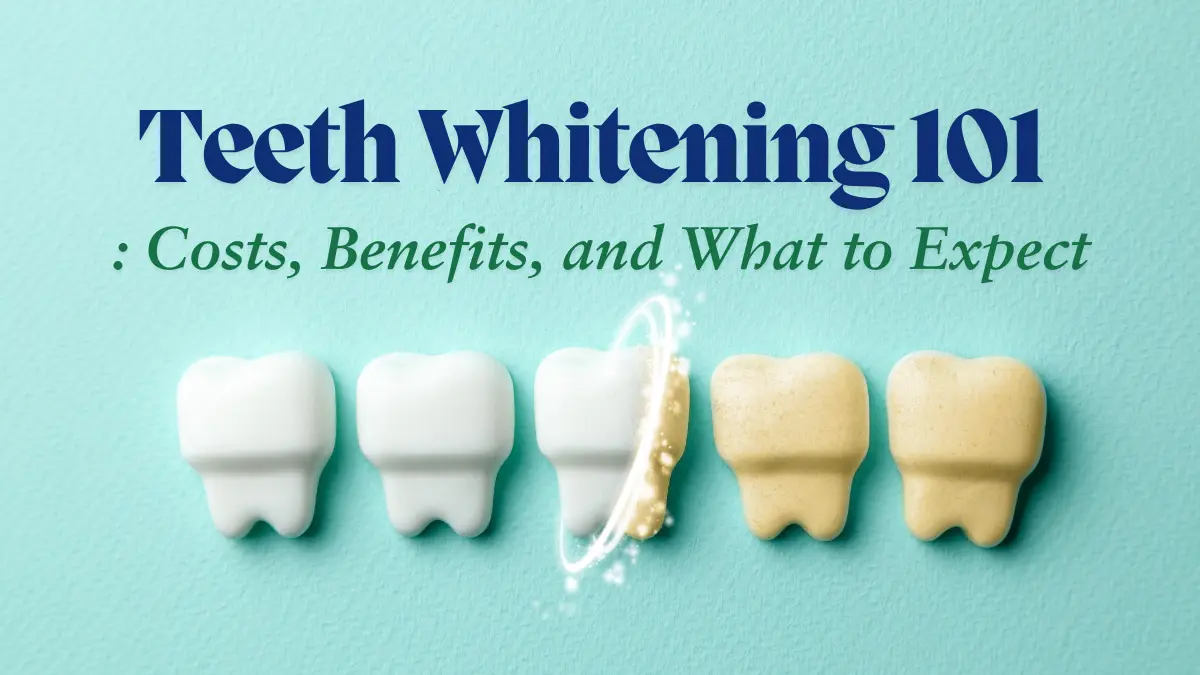The Link Between Dental Health and Your Overall Wellness
Have you ever thought about how your dental health might be impacting your overall wellness? Many people focus on their smiles or the discomfort a dental issue can bring, but our mouths tell us a lot more about our health. Beyond just pearly whites, dental health can influence – and be influenced by – various aspects of your body’s wellness. Let’s explore this vital connection, understand how our mouths impact our health, and learn practical steps to boost both.

Understanding the Mouth-Body Connection
The health of our mouth is more than just about preventing cavities or maintaining a bright smile. Our oral cavity is a complex system that interacts with other bodily systems, including our digestive and respiratory systems. Germs from our mouth can spread through these connections, potentially causing infections and more significant health issues.
One of the key defenders of oral health is saliva. Saliva helps to wash away food particles, neutralize acids, and protect teeth and gums from harmful bacteria. When dental care is lacking, this natural protection is weakened, opening the door to various health complications. Research has found that poor oral hygiene can lead to health conditions like heart disease and pneumonia because the bacteria in an unhealthy mouth can travel to other parts of the body.
Real-Life Connection: Let’s say you skip flossing for weeks. This allows plaque to build up around your gums, leading to inflammation or gum disease. Those same bacteria responsible for gum disease can enter your bloodstream, causing inflammation in blood vessels and potentially increasing the risk of heart disease. It’s a domino effect where a lack of dental care can have far-reaching impacts.
Health Conditions Linked to Poor Oral Health
To understand why oral health matters, let’s look at some systemic health issues linked to dental problems.
- Heart Disease and Stroke: Inflammation caused by gum disease allows bacteria to enter the bloodstream, which may contribute to plaque buildup in the arteries, heightening the risk of heart disease and stroke. Studies show a strong connection between oral inflammation and cardiovascular disease, making oral health critical for heart wellness.
- Diabetes: Gum disease and diabetes share a two-way relationship. High blood sugar in diabetes patients can lead to more severe gum infections. Conversely, gum disease can make it harder to control blood sugar levels, creating a vicious cycle.
- Respiratory Infections: Poor oral health can also contribute to respiratory problems like pneumonia. The bacteria from the mouth can be inhaled into the lungs, especially in older adults, leading to infection.
- Pregnancy Complications: Hormonal changes during pregnancy can make gums more susceptible to inflammation. Women with gum disease are at a higher risk of experiencing premature birth or having a baby with a low birth weight.
Example: Picture a diabetic patient who struggles with blood sugar control. If they also have gum disease, it becomes harder to manage diabetes. By improving their dental care, they reduce oral inflammation and may find it easier to control blood sugar levels, showing the importance of oral health in managing chronic conditions.

Practical Tips to Improve Dental Health and Overall Wellness
Taking care of your dental health is a simple yet effective way to support your overall health. Here are some practical tips to get started:
- Brush and Floss Regularly: This may sound basic, but daily brushing and flossing are the foundation of good oral health. Brushing twice a day with fluoride toothpaste and flossing daily help remove plaque and prevent gum disease.
- Use Mouthwash: Adding an antiseptic mouthwash to your routine can help kill bacteria that brushing and flossing may miss. This reduces plaque buildup and keeps your breath fresh.
- Stay Hydrated: Drinking water throughout the day helps maintain saliva production, which is essential for washing away food particles and bacteria. Hydration is particularly beneficial for older adults who may struggle with dry mouth.
- Avoid Sugary Foods and Drinks: Sugar is a major contributor to tooth decay. Reducing sugary snacks and drinks can help prevent cavities and gum disease.
- Visit Your Dentist Regularly: Don’t wait until there’s a problem to visit your dentist. Regular dental check-ups allow for early detection of issues and can provide valuable advice on maintaining oral health.
The Role of Inflammation in Oral-Systemic Health
Chronic inflammation from gum disease or other oral health issues doesn’t stay confined to the mouth. Periodontitis, an advanced gum disease, is a prime example of how inflammation in the mouth can affect the entire body.
Why Inflammation Matters: When gums are inflamed, bacteria and toxins can enter the bloodstream, leading to systemic inflammation. This can increase the risk of chronic diseases, including heart disease, diabetes, and even rheumatoid arthritis. Taking steps to reduce inflammation in the mouth, such as improving dental hygiene and treating gum disease early, can boost your overall health by minimizing unnecessary strain on the immune system.
Example: Imagine someone with chronic gum disease. The constant inflammation is like a “silent fire” affecting their body’s immune response. By treating gum disease, they aren’t just protecting their teeth—they’re also reducing systemic inflammation, which could benefit their heart and overall immune function.

How Oral Health Can Act as an Early Warning System
Our mouths can sometimes give us clues about potential health issues elsewhere in the body. Here’s how your dental health can signal larger health concerns:
- Diabetes: Persistent gum disease or dry mouth may be an early indicator of diabetes.
- HIV/AIDS: Oral lesions are often one of the first signs of HIV infection, highlighting the immune system’s vulnerability.
- Osteoporosis: Bone loss in the jaw or loose teeth can suggest osteoporosis, a condition where bones weaken over time.
Regular dental visits can help detect these early signs and offer clues for addressing health issues sooner. For instance, if your dentist notices that your gums are constantly inflamed despite good oral hygiene, they might suggest a medical check-up to rule out conditions like diabetes.
Conclusion
Your dental health isn’t just about maintaining a sparkling smile. The mouth-body connection underscores the impact of oral hygiene on overall wellness. From heart health to diabetes management and even pregnancy outcomes, keeping your mouth healthy can support many areas of your health.
If it’s been a while since your last dental check-up, now might be the perfect time to book an appointment. By caring for your teeth and gums, you’re also investing in your long-term health.
Take Action Today! Schedule your appointment with Bellevue Prime Dental Group at (425) 605-3575 or Lynnwood Prime Dental Group at (425) 251-0707. Regular check-ups can make a world of difference for your health and wellness. Don’t wait – let us help you keep your mouth and body healthy!
References
- Oral health: A window to your overall health – https://www.mayoclinic.org/healthy-lifestyle/adult-health/in-depth/dental/art-20047475
- The Connection Between Oral Health and Overall Health and Well-Being – The U.S. Oral Health Workforce in the Coming Decade – https://www.ncbi.nlm.nih.gov/books/NBK219661/
- How Your Oral Health Affects Your Overall Wellness – https://www.webmd.com/oral-health/features/oral-health-affects-wellness






